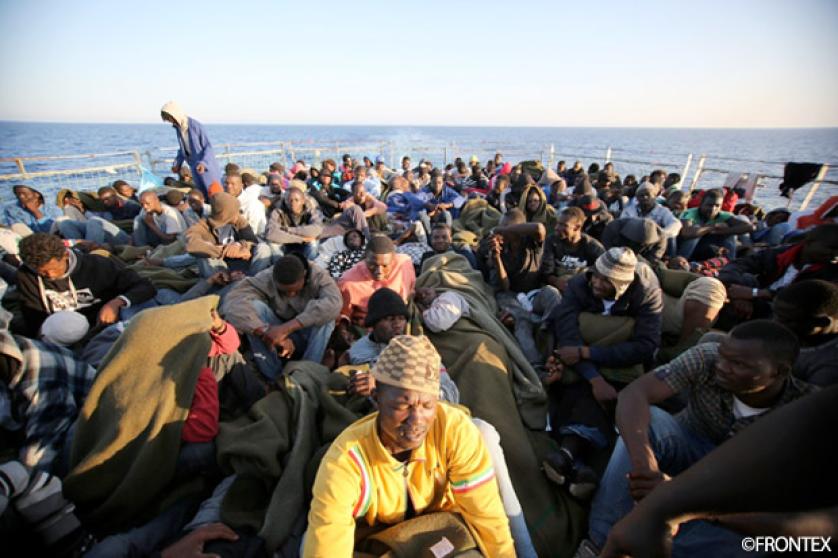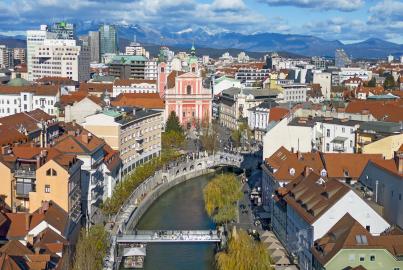Illegal migrants must be returned
Other related content
Read more
Read more
Read more
Read more
Read more
Read more
Europe needs to speed up returns
25.03.20256 / 54






